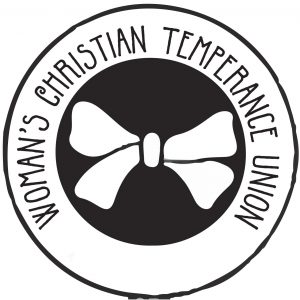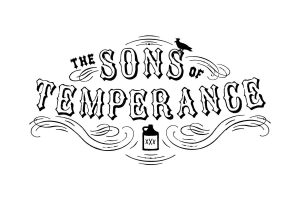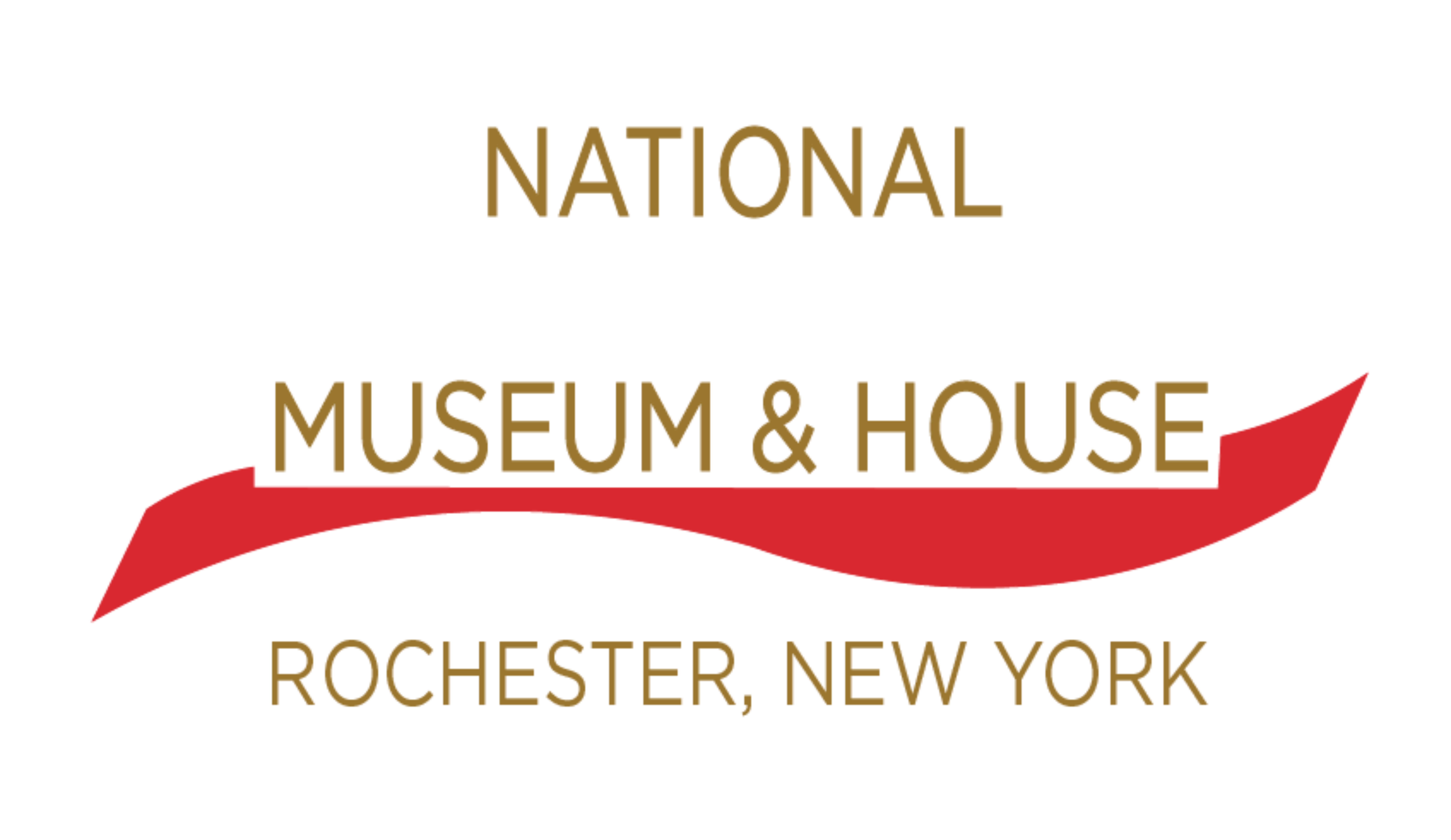
In the 19th Century, alcohol was plentiful and potent. The prevalence of alcoholism impacted women and children, particularly married women and children. They had no recourse when drunken husbands beat them or abandoned them.
In the early 19th Century, divorce was not allowed. A married woman could not move out and rent an apartment. She could not hold property in her own name. She could not sign contracts or open a bank account. She did not have any rights to custody of the children. By law, anything that she possessed or earned was her husband’s property.
Many of the social problems were attributed to the prevalence of alcohol: crime, licentiousness, crude and vulgar behavior, gambling, and the ability to stay gainfully employed. When men organized as the “Sons of Temperance,” women we not allowed to join, so they started an auxiliary organization called the Daughters Union, and later the “Daughters of Temperance.”
Because curbing alcohol abuse concerned the welfare of women and children, temperance work was considered an acceptable womanly endeavor. The tactic used to address the problem was “moral suasion.” By teaching people about the dangers and effects of alcohol abuse, temperance workers believed they could make it culturally unacceptable to imbibe.
Susan B. Anthony’s first “cause” was temperance, and it prepared her for other social reforms.
 Susan B. Anthony made her first public speech at an 1848 temperance Union supper. She helped gather 28,000 signatures on a petition calling the state legislature to pass a law limiting the the sale of liquor. It was rejected because it contained the signatures of women and children. In the eyes of the legislature, those signatures did not count. Susan B. Anthony quickly recognized that women would have more influence on laws, policies, and politicians, if they had the power to vote.
Susan B. Anthony made her first public speech at an 1848 temperance Union supper. She helped gather 28,000 signatures on a petition calling the state legislature to pass a law limiting the the sale of liquor. It was rejected because it contained the signatures of women and children. In the eyes of the legislature, those signatures did not count. Susan B. Anthony quickly recognized that women would have more influence on laws, policies, and politicians, if they had the power to vote.
At a joint meeting of the “Sons of Temperance” and the “Daughters of Temperance,” Susan B. Anthony rose to speak to the assembly, and the chair told her that the women were there to “listen and learn.” Women were passionately dedicated to the cause, but they were dismissed as insignificant.
Working for temperance led Susan B. Anthony to become an advocate for women’s rights. After helping to organize the Woman’s State Temperance Society (New York), Susan B. Anthony and others were criticized from within the organization for their focus on women’s rights–especially married women’s rights and the right to divorce. Susan B. Anthony and other “radicals” eventually resigned.
After the Civil War, the Women’s Christian Temperance Union began to take off, growing membership much faster than the woman’s suffrage movement. By this time, their agenda was to make the sale of alcohol illegal, rather than to change attitudes about it. In the 1870s, Susan B. Anthony reached out to the Women’s Christian Temperance Union to encourage them to join the suffrage movement. She refused to support Prohibition, but she argued that temperance women would be more effective at changing laws and policies if they had the power of the vote.
Woman must not depend upon the protection of man, but must be taught to protect herself.” – Speech in San Francisco (July 1871)
